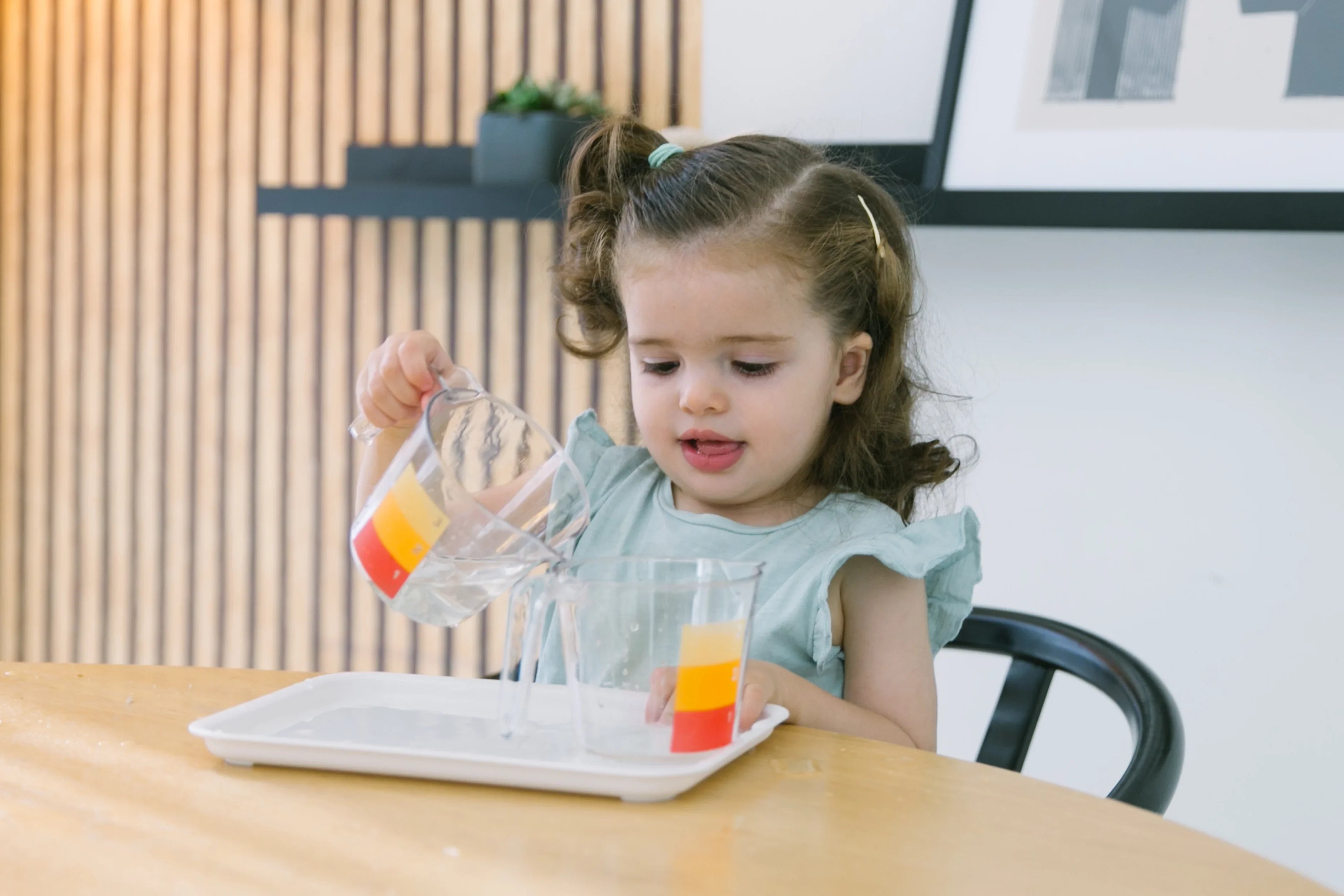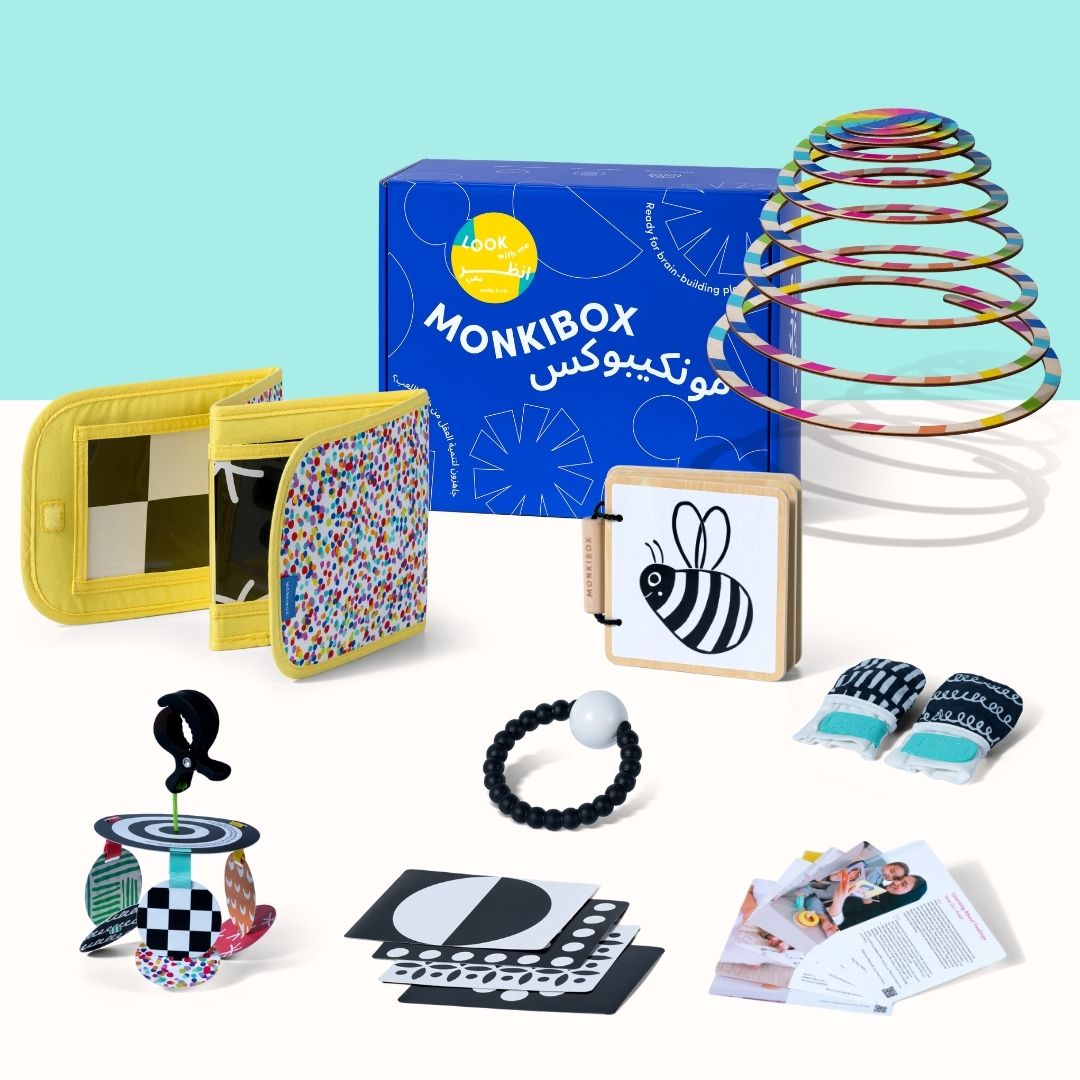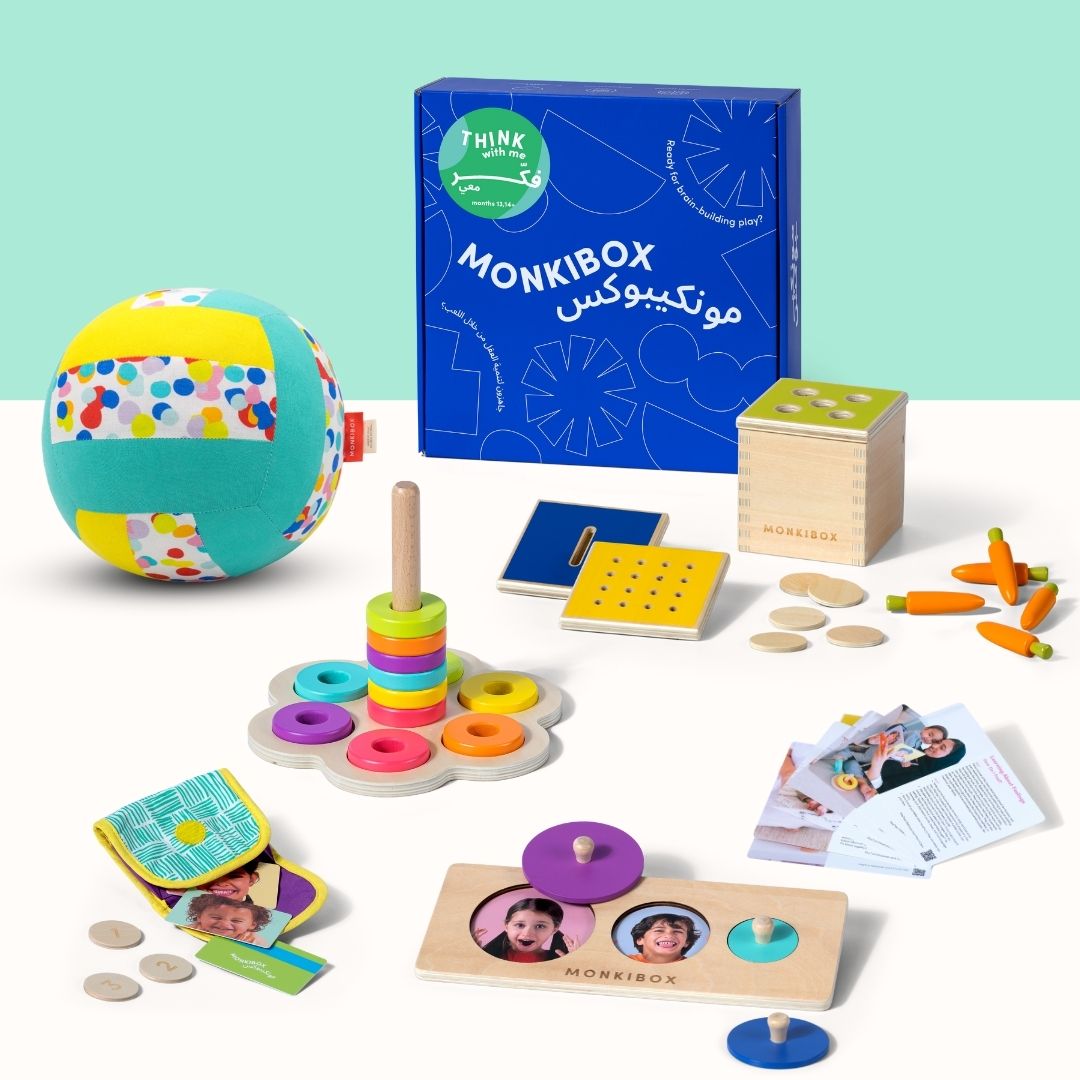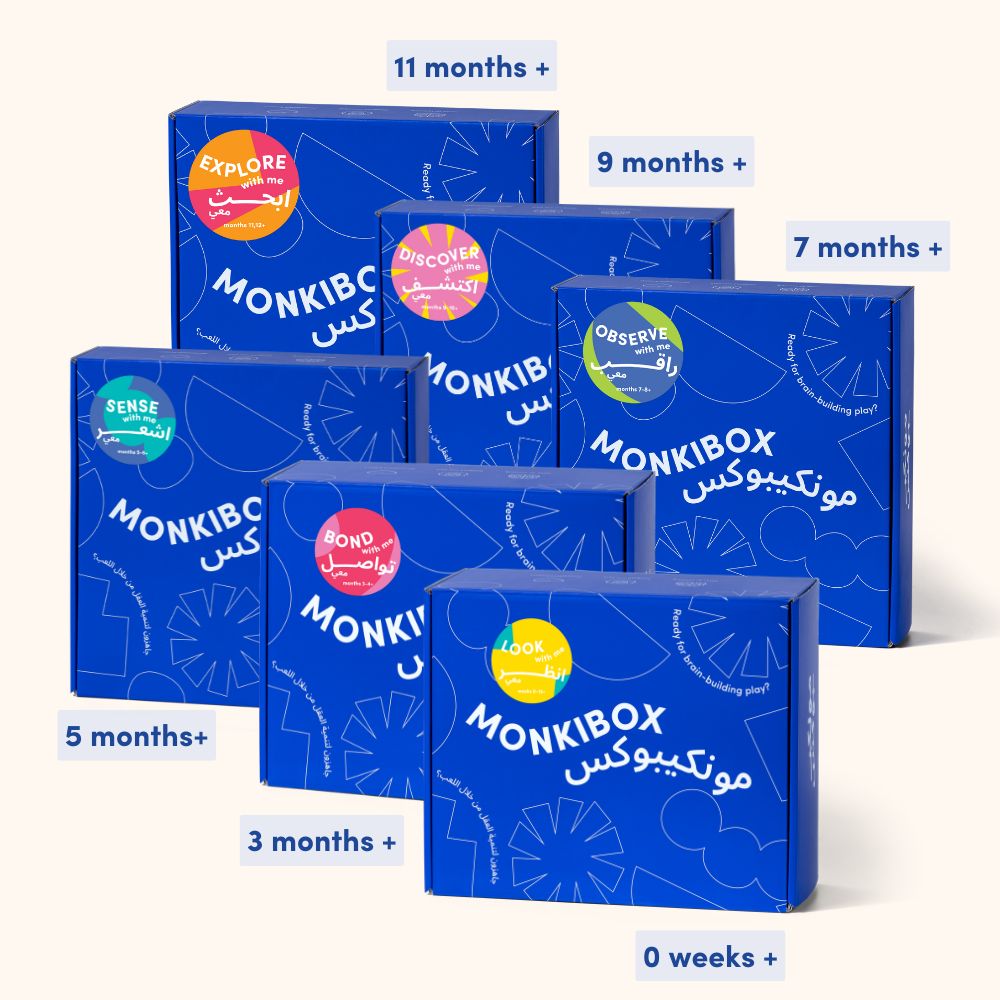As your toddler grows, you’ll notice that they want to do things on their own and help with daily tasks. This desire for independence is a perfect opportunity to introduce Montessori practical life skills. These are simple, everyday activities that allow children to feel accomplished and capable, fostering their independence and confidence.
Expert Tips for Incorporating Practical Life Skills:
-
Pouring and Transferring:
Provide small pitchers and cups for your toddler to pour water from one container to another. This activity is not only fun but also great for developing hand-eye coordination and control. Start with small amounts of water to minimize spills, and gradually increase the volume as they get better at it.
-
Sweeping and Dusting:
Offer a child-sized broom and dustpan for your toddler to sweep small areas. They can also use a soft cloth or a small duster to dust surfaces. Encourage them to help clean up their play area, teaching them responsibility and care for their environment.
-
Snapping and Buttoning:
Introduce clothing with large snaps or buttons for your toddler to practice. This is an excellent way to develop fine motor skills and independence in dressing. You can also make it a fun game by timing how quickly they can button their shirt or snap their coat.
-
Opening and Closing Containers:
Provide jars or containers with lids that your toddler can open and close. This activity enhances hand strength and coordination, making them feel more in control of their environment.
-
Stringing Beads:
Use large beads and a shoelace or string for your toddler to practice threading. This activity improves fine motor skills and concentration. It’s also a wonderful opportunity to introduce patterns, helping with early math skills.
-
Folding Towels or Cloth Napkins:
Teach your toddler to fold small towels or cloth napkins. This activity not only enhances fine motor skills but also introduces the concept of order. Start with simple folds and gradually increase the complexity as they become more confident.
-
Taking Care of Plants:
Involve your toddler in watering plants or caring for a small indoor garden. This fosters a sense of responsibility and a connection to nature. You can make it a regular task by assigning them a specific plant to take care of, turning it into a routine they look forward to.
-
Food Preparation:
Engage your toddler in simple food preparation tasks, like spreading butter on bread, slicing soft fruits with a safe knife, or peeling a banana. This encourages participation in daily routines and helps them develop fine motor skills and coordination.
Practical Life Skills Support Development
These activities help develop fine motor skills, hand-eye coordination, and a sense of responsibility. They also build confidence as your child learns to complete tasks independently.
Incorporating practical life activities into your toddler’s daily routine helps them develop essential skills while fostering independence and confidence. These simple tasks lay the foundation for lifelong learning.





